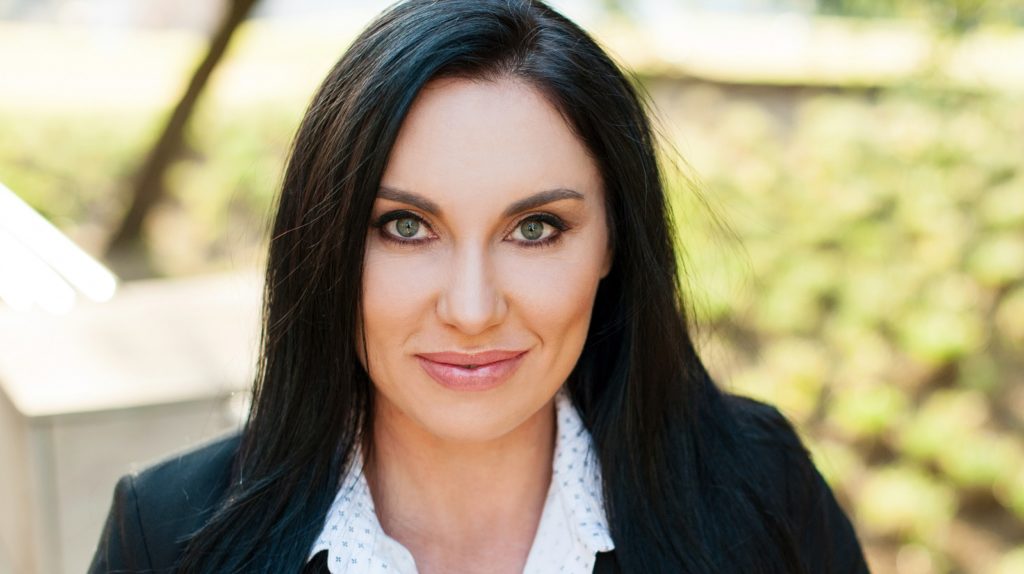The clock is ticking for Windows 10 users. With Microsoft’s official End of Support (EOS) deadline looming in October 2025, South Africans are being…
Venture capitalists welcome Section 12J proposals but call for more changes

Venture capitalists have welcomed The National Treasury plan’s to amend a venture capital tax incentive, but want further amendments to be made.
The VC tax incentive falls under Section 12J of the Income Tax Act and has been in place since 2008. The treasury has amended it several times to make it more attractive to high net worth individuals, who can get a tax deduction by investing in approved VC companies (VCCs) that then invest in qualifying small businesses.
At present there are 103 such approved entities contained on a list (opens as a PDF) on the SA Revenue Service’s (Sars) website.
The treasury said in last month’s Budget Review that it would carry out a review of VC company rules to address administrative and technical issues that it said are obstructing an increased uptake.
It has proposed that the legislation be amended to address rules relating to the investment income threshold limitations in the qualifying company test, as well as when the controlled company test needs to be applied. It said the rules relating to the connected person test also need to be reviewed, specifically the rule for retroactive withdrawal of venture capital company status.
But while welcoming these proposals, Southern African Venture Capital and Private Equity Association (Savca) managing director Tanya van Lill called for a number of amendments to the section which includes providing clarity on certain terms and criteria in the existing legislation where there is ambiguity.
Venture capitalists welcome plan to amend Section 12J rules, but call for more regulation changes
In addition the association wants the government to address issues such as the double taxation when capital gains tax (CGT) is triggered within the Section 12J vehicle on sale of a business, and additional dividends withholding tax paid on the distribution to investors.
“To date Sars has not permitted tax transparent ‘flow through’ entities such as partnerships to qualify for the relief under this section,” said Van Lill.
Savca also wants the treasury to address other including the transferability of tax benefits and the potential ability to claim the incentive as part of PAYE.
‘Connected person test a concern’
Commenting on the proposed amendments to the incentive, Gavin Reardon from Kingson Capital said as his fund’s invests in “real” startups and maintains a simple structure by investing directly into the startup and not a holding company, the investment income rule is “not really a problem”.
“We take a significant minority stake and its very seldom (that) there is another corporate shareholder with (a) 70% stake — and we will never take that much — therefore the controlled group company test is also not a problem for us,” he added.
However, he said the connected person test is a concern, adding that he would like to see continued revision to this amendment to make it more favourable and less punitive to VCCs.
The connected person test provides that if an investor is a “connected person” in relation to that VCC no deduction will be allowed in respect of such expenditure.
“Further amendment relating to deployment cycle of 80% in 36 months will be onerous when raising a second fund in the same entity. We need to lobby Treasury on this and we’ve raised it with Savca,” he said.
‘Relax CGT implications’
Percy Ying of Nesa Venture Capital Investments however said it was a step in the right direction for the treasury to relax the investment income and connected persons rules.
He added that Capital Gains Tax (CGT) implications on exit should be addressed. Currently the full capital returned is subject to CGT. “We believe there should be a base cost applied to the capital,” he said.
In addition, Ying said there should be clarity on tax implications upon the death of an investor during the five-year holding period.
‘Allow pension funds to get deduction’
Henri Papp of Skyestone believes that should the treasury relax the requirements around connected parties to the VCC it will help VCs to raise more capital. He also called for Sars to increase the maximum assets of a company to R100-million (from the current R50-million).
In addition, he wants pension funds to also be able to access the incentive, to encourage them to invest in 12J funds. And he adds that VCCs should get five years to meet all the rules, as opposed to the present three.
Read more: Investors clamouring for 12J VC incentive following tax hike – fund managers
Read more: Can 12J VC tax incentive create the jobs South Africa badly needs?
Read more: Foreign investment injection could propel South Africa’s VC ecosystem, 12J funds

